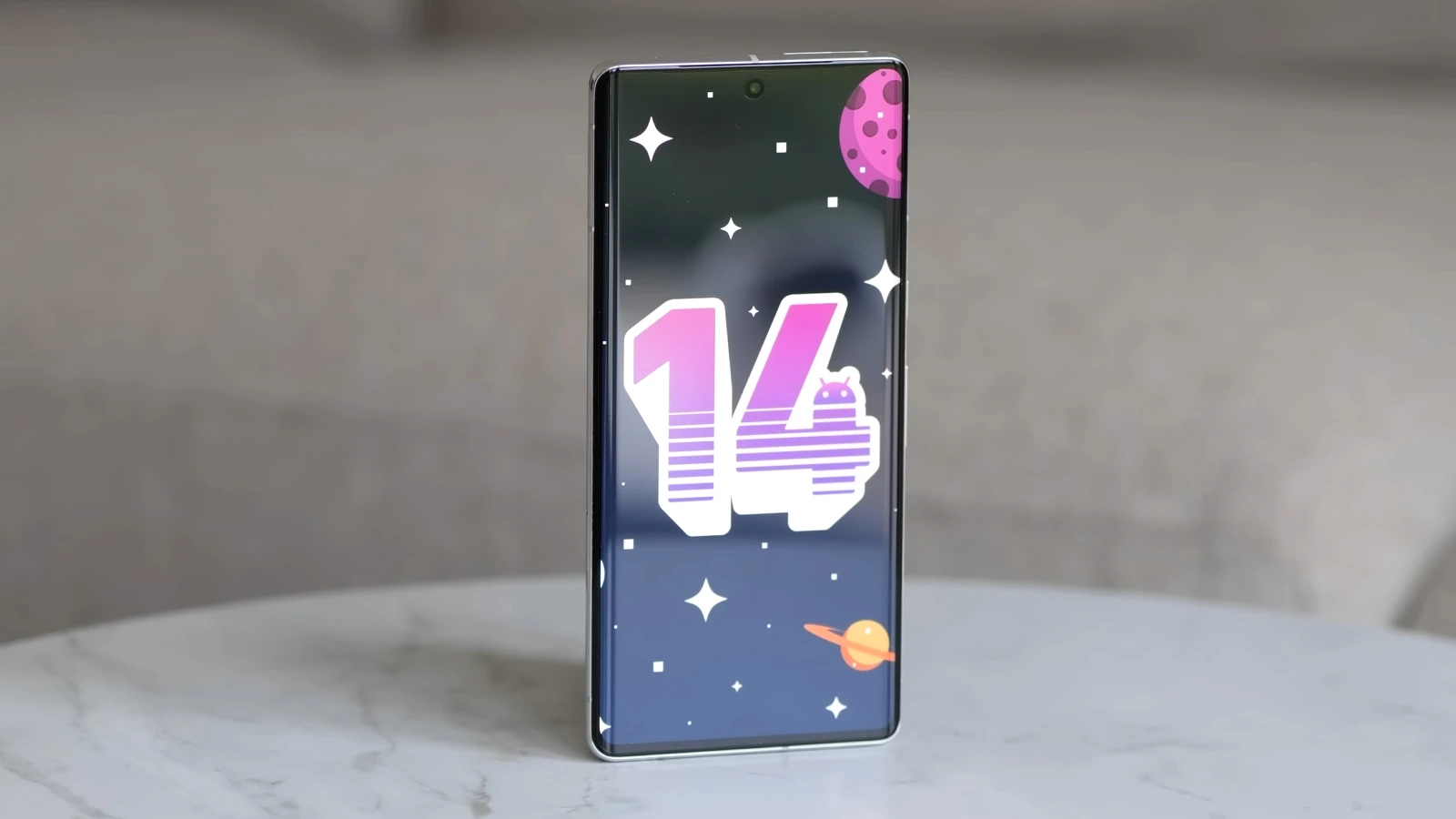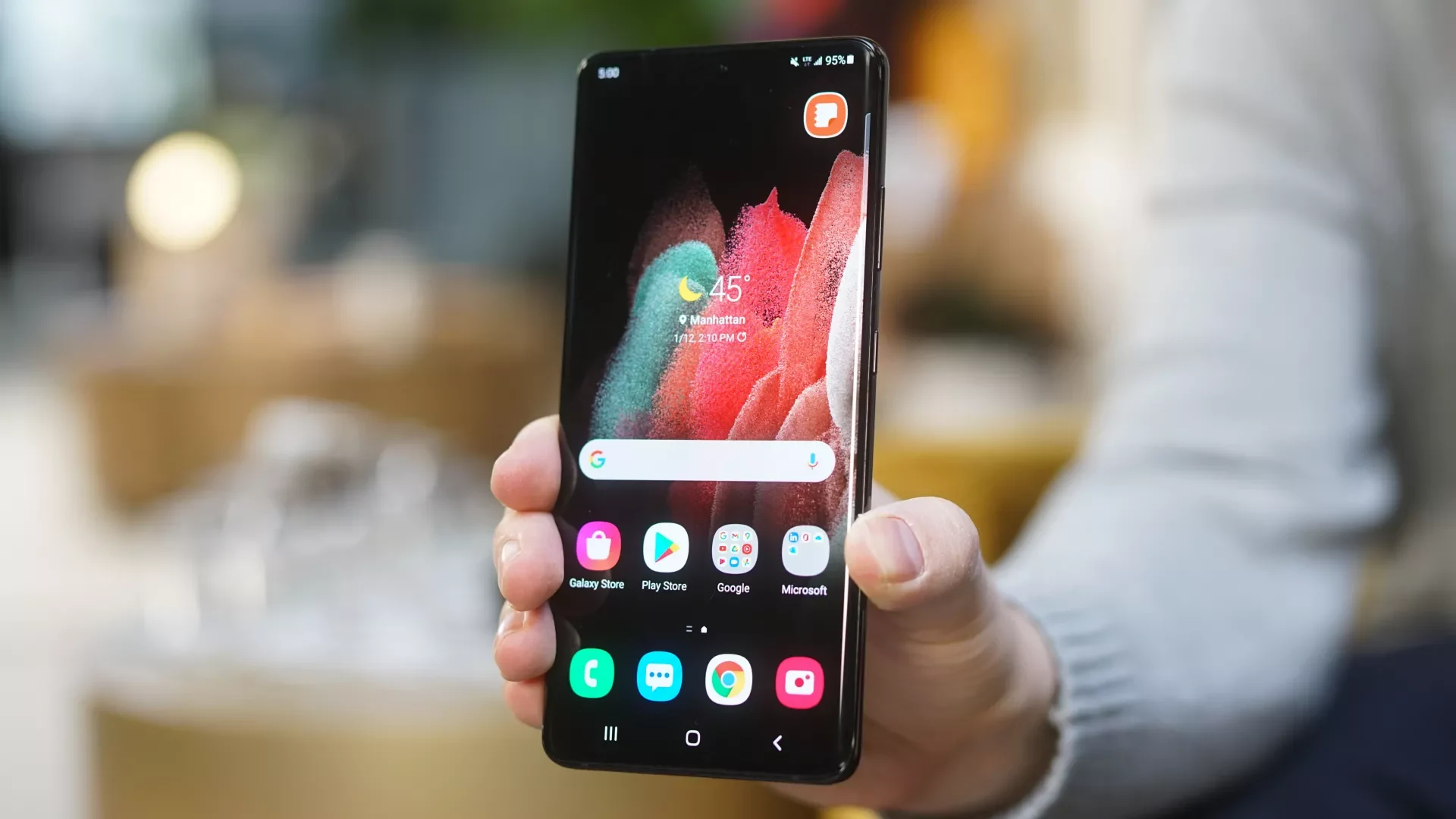Android 14
Android 14: A Faster, More Efficient Operating System

Android 14’s stable release in the first week of the month has greatly enhanced some functions. Starting with the Pixel 8 and Pixel 8 Pro, several pixel devices are getting their newer operating system on the way. With every passing day, there is a great response from the Pixel users who have installed the software and given it a try in the new, improved Android environment. Recently, the company updated the data on the Android Developers Blog, giving us a chance to learn about some new features in terms of performance and efficiency.
Google has brought a list of four main changes of Android 14
- Freezing cached applications: Cached apps may operate with a little bit of freedom before Android 14. Applications that are cached are given no CPU time in Android 14 after a brief period of time. Cached processes use up to 50% fewer CPU cycles on Android 14 Beta populations than on Android 13 public devices, as per the tested observations. Background work is therefore not permitted outside of the standard Android app lifecycle APIs, such as foreground services, JobScheduler, or WorkManager.
- Optimized broadcasts: The new operating system changes how apps receive context-recorded transmissions once they reach the caching state, allowing certain broadcasts to be queued and others to be combined into a single broadcast in order to guarantee that prohibited programs remain blocked.
- Faster app launches: With broadcast optimizations and cached apps on Android 14, it is possible to raise long-standing restrictions on the maximum number of cached apps that may be used by the platform, which resulted in a decrease in cold app starts that scales with the amount of RAM that is available on the device. 20% fewer cold app starts were seen by the beta group on 8GB devices, while over 30% fewer were observed on 12GB devices. In contrast to warm startups, cold startups are less efficient and use more electricity. Now, because of this innovation, both battery consumption and average app starting times are significantly faster.
- Smaller memory footprint: The Android user experience is greatly impacted by the Android Runtime (ART) being improved. One of the most important metrics considered is the size of the generated code. Smaller generated files benefit memory, RAM, and storage more. The ART optimizations in Android 14 reduce code size by an average of 9.3% without affecting performance.
This will pave the way, as this version of OS did not seem to offer great changes at the start, but deeper examination reveals that a number of new features have been integrated to enhance user experiences.
Android 14
Galaxy S22 started receiving One UI 6.1 update with Galaxy AI features

Last month, Samsung officially confirmed the One UI 6.1 update for the 2022 models. Now, keeping its promise, the company has started rolling out the major update for the Galaxy S22 series.
The Android 14-based One UI 6.1 update for the Galaxy S22 series is live in South Korea. Users who own the Galaxy S22, Galaxy S22+, and Galaxy S22 Ultra can identify the latest update by the firmware version numbers S901NKSU3EXDC, S906NKSU3EXDC, and S908NKSU3EXDC, respectively.

Samsung has released several Galaxy AI features with the One UI 6.1 update that will help you provide a better communication experience and take advantage of the ability to quickly understand information.
For your information, the Galaxy S22 series device will get the benefit of all the important Galaxy AI features, including Circle to Search, Live Translate, Generative Edit, Note Assist, Transcript Script, Chat Assist, and many more.
Apart from the Galaxy AI feature, the device will also get some important additions on the customization side, where users will get several new changes related to wallpaper, lock screen, alarm, calendar, and many more.
To check the latest update on your device, navigate to the settings, then select the software update option here. Tap on the download and install option. Wait until it finishes searching to see if the update is available, then tap on the install button.
Android 14
Galaxy XCover5 camera breaks after Android 14 and One UI 6.0 update

Samsung Galaxy XCover 5 is one of the rugged smartphones that is dedicatedly made for using it in any weather condition. It is worth noticing that the company hasn’t limited it to giving tough hardware but also keeps it up to date with its fresh software. In the last major update, Android 14, it has grabbed some new features, and unfortunately, it has also got an issue with the camera, which is causing inconvenience to the users.
Galaxy XCover5 getting a camera issue after Android 14
The Galaxy XCover 5 has received Android 14 and One UI 6.0, and after installing them, users have started reporting about the camera issue. In the reports, the consumers have pointed out that they are not able to use the camera focus like before. Since the camera is the most frequently used feature of the smartphone, its malfunction is significantly affecting the overall performance of the devices.
Due to the malfunctioning of the autofocus, users are also having difficulty making payments due to the autofocus malfunction. When they open the QR code scanner, they are unable to do so because the camera is not focusing on the code.
However, the Korean giant hasn’t yet released a statement regarding the issue’s resolution, despite the fact that the issue surfaced after the last update, suggesting a software update-related problem. Hopefully, Samsung could release a proper update that will update it to the latest version.
Android 14
Google Get Inspired By Samsung; As It Copies Secure Folder Feature Housed In Galaxy Phones

Is Google following Samsung? With the Android 14 QPR3 Beta 2.1, it offers a new option for private space, which Samsung already offers with the title Secure Folder.
Google released Android 14 QPR2 Beta 1 in November 2023, which introduced a feature called ‘Private Space’ already housed in Samsung devices as Secure Folder. Since reports have been around for several days that the latest iteration of Android 15 will be dedicated to more security and will bring tons of new features to enhance users’ secure experiences, one of the awaiting features is Private Space.
The upcoming Private Space feature will allow the user to install the application in a separate, locked profile, which they can hide at any time. Although this feature has been in the development phase for a long time, it has not yet gone live. Let’s take a closer look.

The new feature named ‘Lock private space automatically’ will allow users to configure the feature to automatically lock the protected space depending on one of the two sub-options they select in it, which are ‘Every time device lock’ and ‘After 5 minutes of inactivity.’ While choosing the first, the feature will lock Privact Space instantly after they lock the device.
But here’s the catchable fact: Secure Folder, available on Galaxy devices, already offers this feature, so somewhere it seems like Google got inspired by Samsung.

The reports are also saying that when users set up Private Space, the feature now recommends them to create a dedicated Google account for using it to’stop data appearing outside private space; for instance, ‘Synced photos, files, emails, contacts, calendar events, and other data,’ and many more. This suggestion and the option to automatically lock the protected space further enhance the privacy and security of private space.
Upcoming Private Space will offer a redesign setup flow to deliver a better idea of the feature. Since this feature initially appeared in Android 14 QPR2 Beta 1 and then Android 14 QPR3 Beta 2.1, it is expected that Android 15 will bring this feature to enhance the secure experience.






